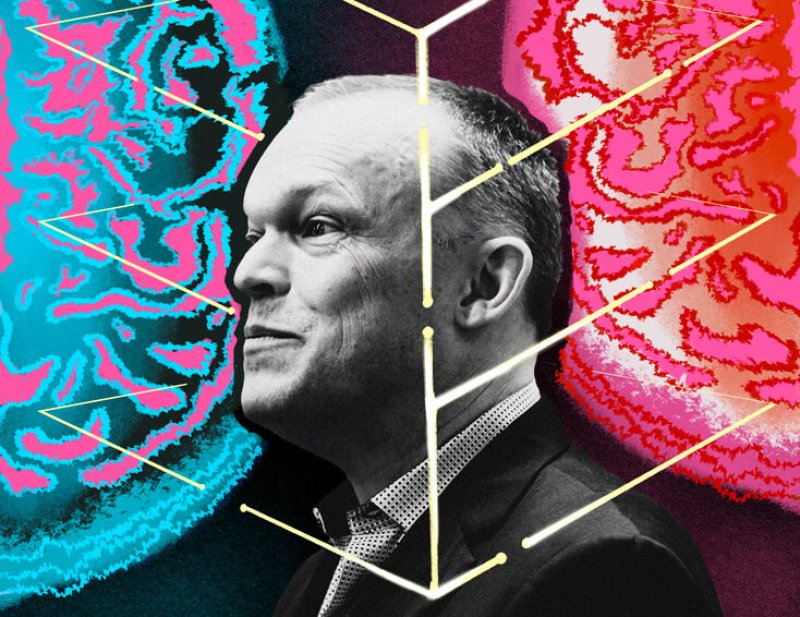“Fundamentally,” says [neuroscientist Sean] Hill, “we don’t have a biological understanding of depression or any other mental illness.”
Because the brain remains largely unmapped and unexplored, researchers don’t yet have access to the reality they’re trying to distill. If they are to reduce the brain to a set of understandable rules, they must first engineer a better composite picture of the brain itself.
That’s why, for Hill, brain science must pursue bigness and complexity before it can derive the simple, elegant solutions that are its ultimate objective. Its goal, for now, shouldn’t be to elevate individual scientists to celebrity status or to tell stories that rival those of Cajal or Penfield.
Rather, it should be to build—over time and with the aid of a global community—a data machine so complex that it can help us model the equally formidable machines that reside within our heads.































